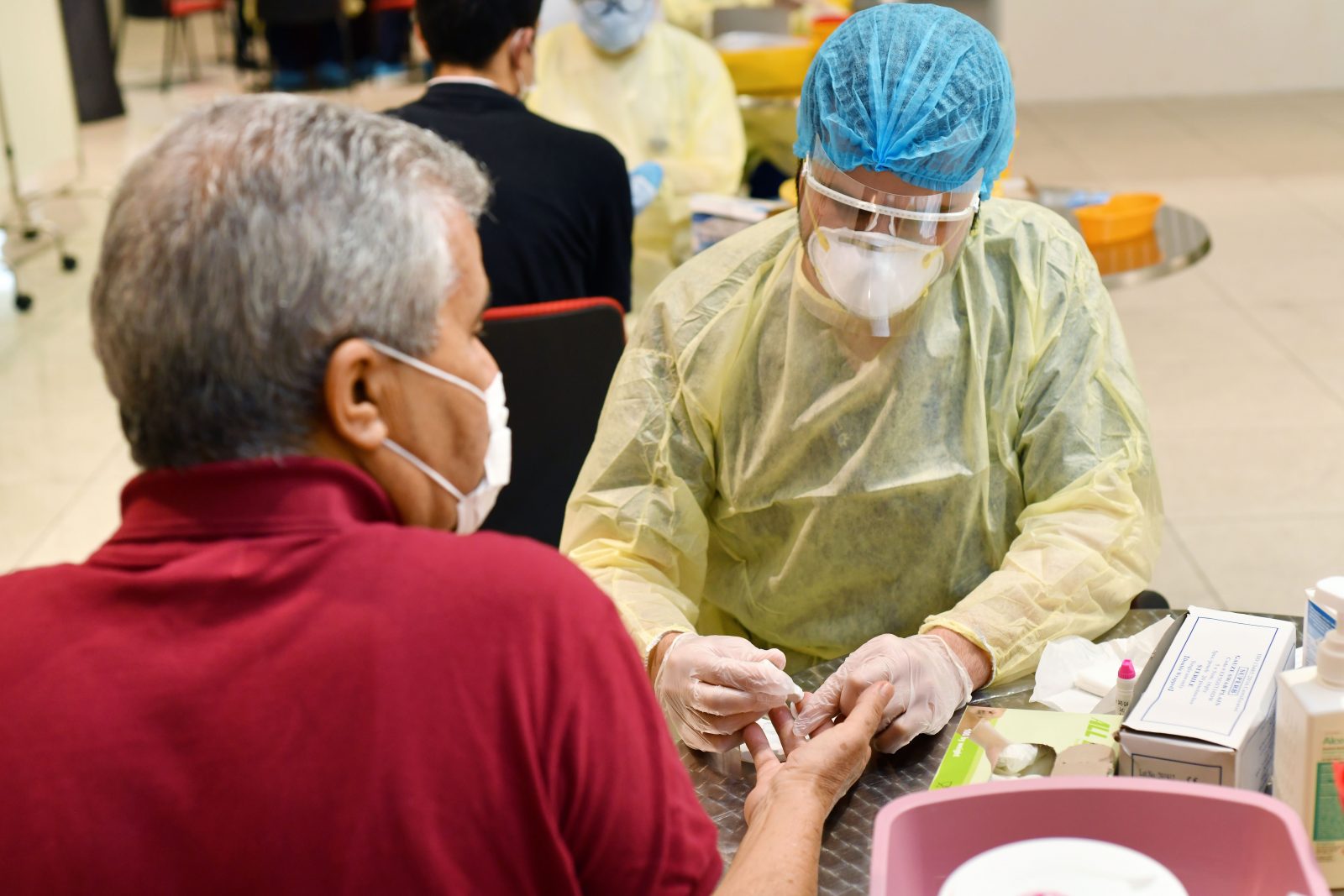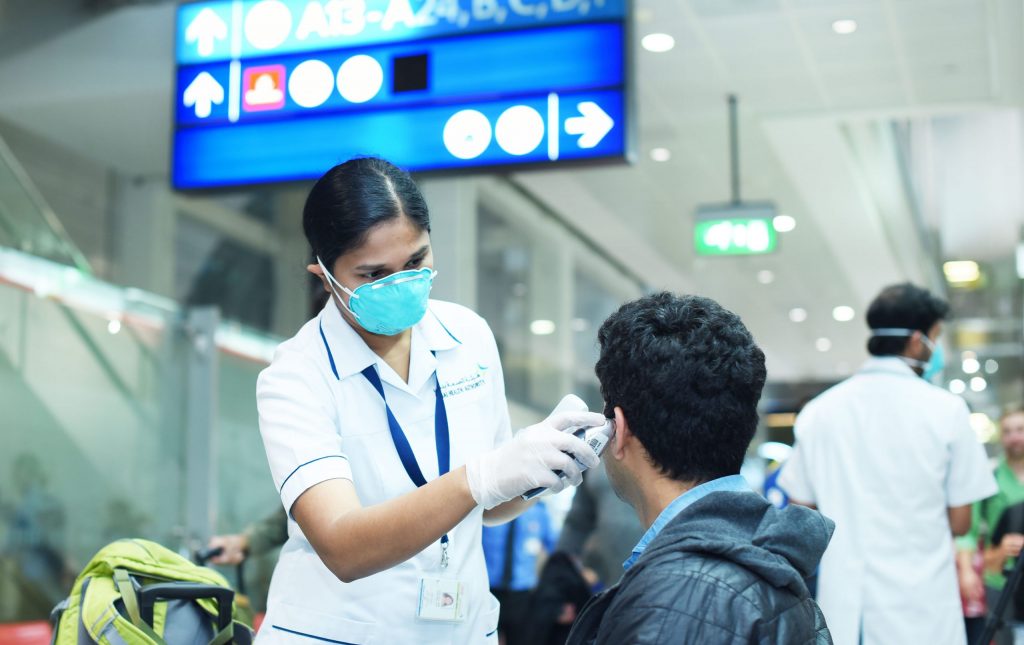
Emirates and the UAE’s Ministry of Health and Prevention have shelved plans to roll out rapid COVID-19 testing at Dubai International Airport (DXB) after a Spanish study found they had an accuracy rate as low as 30 per cent. The finger-prick blood tests were able to provide results in as little as 10 minutes and the manufacturers promised they could prove whether someone had antibodies to the novel Coronavirus.
Speaking in April, Emirates’ chief operating officer Adel Al Redha said the airline was “working on plans to scale up testing capabilities in the future and extend it to other flights”. Redha said he hoped the tests could be used for passengers travelling to destinations where a COVID-19 test certificate was required.

Emirates initially trialled the rapid blood tests on passengers booked on a repatriation flight to Tunisia, as well as several recent flights to India. But the airline has since dropped the requirement for passengers to undergo the tests for its expanded scheduled services to nine destinations which are set to start operating from May 21.
Instead, Emirates will resort to pre-departure thermal screening for all passengers and crew. Temperature tests have been endorsed by the International Air Transport Association (IATA) as part of its “layered approach to biosecurity” in the face of the threat posed by COVID-19.
Emirates had already implemented many of the recommendations put forward by IATA including mandating the wearing of face masks by both crew and passengers, limiting passenger movement in the cabin, and simplifying onboard catering services to reduce interaction and movement in the cabin.
IATA has also backed the use of full COVID-19 testing but only once a test becomes available which is both “proven and available at scale”.
The Ministry of Health said the antibody tests would not be deployed until a more accurate test had been developed. The World Health Organisation (WHO) has cautioned governments about the use of antibody tests because there remains a lack of evidence to adequately prove that antibodies to the Coronavirus will offer sufficient immunity to becoming reinfected with COVID-19 in the future.
Some countries have, though, pinned hopes on antibody tests as a way of easing lockdowns and tracking how far the virus had spread through the community. The British Prime Minister, Boris Johnson had previously called the tests a “game-changer” but hopes of mass testing were dashed when government scientists concluded the initial tests offered by Chinese manufacturers weren’t accurate enough.
In the last week, however, both the US and British governments have approved a new antibody test which could be nearly 100 per cent accurate. The blood test, developed by Swiss pharmaceutical company Roche, has to be sent to a lab for analysis meaning that it would be of less use in an airport environment.
Mateusz Maszczynski honed his skills as an international flight attendant at the most prominent airline in the Middle East and has been flying ever since... most recently for a well known European airline. Matt is passionate about the aviation industry and has become an expert in passenger experience and human-centric stories. Always keeping an ear close to the ground, Matt's industry insights, analysis and news coverage is frequently relied upon by some of the biggest names in journalism.







